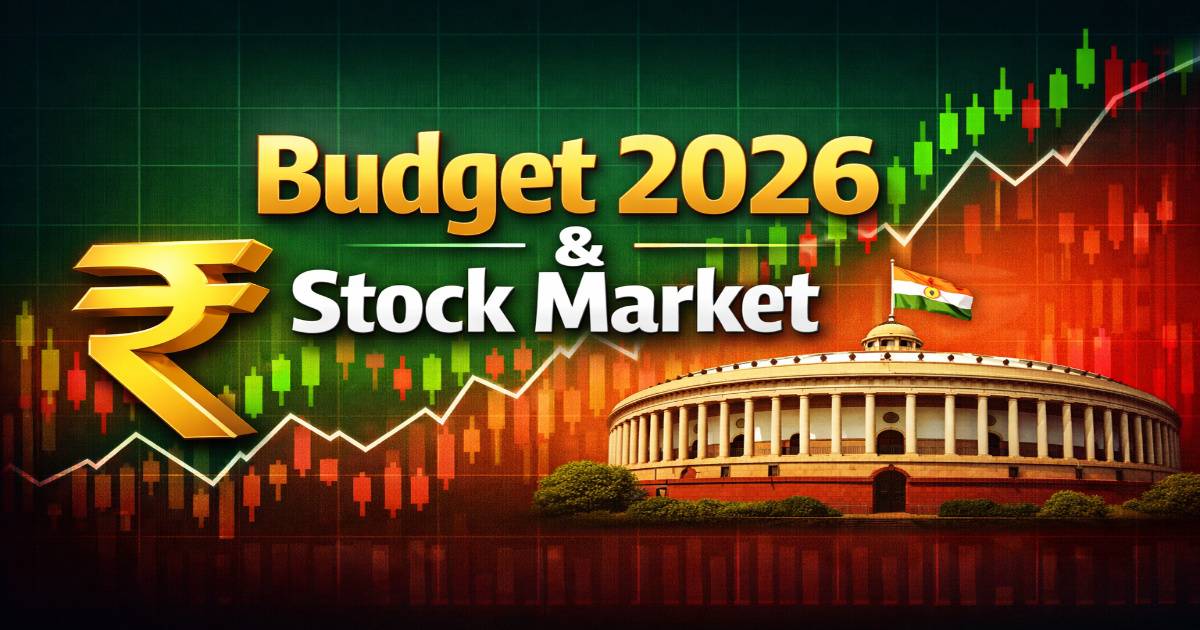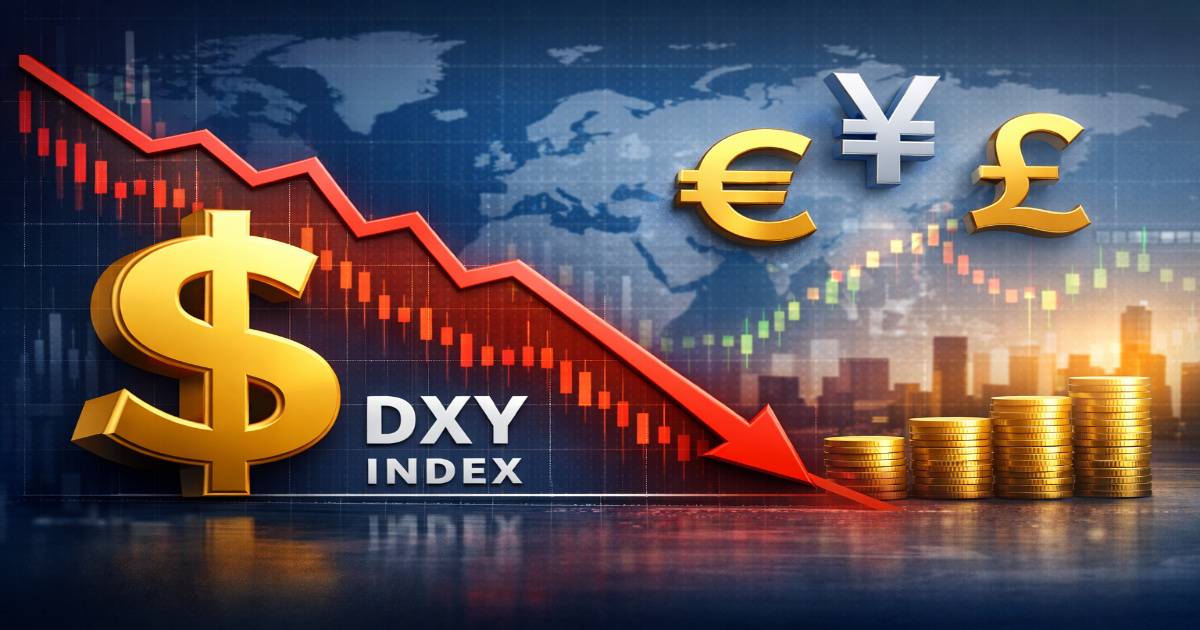Introduction
Cryptocurrency is a digital form of money that operates on decentralized networks using blockchain technology. Unlike traditional currencies, cryptocurrencies are not controlled by any government or central authority. Bitcoin was the first successful Cryptocurrency, introduced in 2009, and since then, the market has expanded to thousands of digital coins.Cryptocurrency operates on a decentralized system, and at the heart of it lies blockchain technology. In India, as the number of crypto users grows, it’s important to understand how these technologies function behind the scenes. Here’s a breakdown of how crypto works in the Indian context:
Blockchain Technology
A blockchain is a digital ledger that records all cryptocurrency transactions in a secure and transparent manner. Each transaction is stored in a “block,” and these blocks are linked together in a chain — hence the name.
- Decentralized: No single entity controls it, unlike the RBI in traditional banking.
- Tamper-Proof: Once added, data in a block cannot be changed.
- Public Ledger: Anyone can verify transactions.
In India, blockchain is gaining adoption beyond crypto too — in supply chain, education, and banking.
What Is Crypto Mining?
Mining is the process of validating crypto transactions and adding them to the blockchain. It requires powerful computers and a lot of electricity.
- Bitcoin Mining: Still legal in India, but not very profitable due to high electricity costs and lack of mining-friendly laws.
- Proof of Work vs Proof of Stake: Newer coins (like Ethereum after The Merge) use less energy-intensive methods like Proof of Stake, which is better suited for Indian users and developers.
Note: Most Indian investors don’t mine — they buy crypto directly through exchanges.
Crypto Wallets in India
A wallet is used to store your cryptocurrency securely. There are two main types:
Hot Wallets (Online)
- Accessible via mobile or web apps
- Examples: Trust Wallet, MetaMask, exchange wallets (WazirX wallet)
- Good for beginners in India
Cold Wallets (Offline)
- USB-like devices not connected to the internet
- Best for large or long-term holdings
- Brands: Ledger, Trezor (can be imported to India)
Pro Tip: Always transfer large crypto amounts from Indian exchanges to your personal wallet for better safety.
How Cryptocurrency Works
Cryptocurrencies run on a technology called blockchain, a public ledger that records all transactions. Coins are either mined using computing power or issued through smart contracts. To store and use crypto, you need a wallet—either hot (online) or cold (offline).
Types of Cryptocurrencies
- Bitcoin (BTC): The original and most valuable crypto.
- Ethereum (ETH): Enables smart contracts and DApps.
- Altcoins: Litecoin (LTC), Ripple (XRP), Cardano (ADA), etc.
- Stablecoins: Pegged to fiat (e.g., USDT, USDC).
- Meme Coins: Dogecoin, Shiba Inu—popular but speculative.
Popular Cryptocurrency Exchanges
You can buy, sell, or trade crypto on:
- Centralized Exchanges (CEX): Binance, Coinbase, WazirX
- Decentralized Exchanges (DEX): Uniswap, PancakeSwap
CEXs are user-friendly but require KYC. DEXs offer anonymity and control.
How to Buy Crypto in India
Steps:
- Choose a trusted exchange Like ( Delta Exchange , Binance )
- Complete KYC verification
- Add money via UPI or bank transfer
- Buy cryptocurrency
- Transfer to your personal wallet for safety
Crypto Regulation in India
- As of 2025, crypto is not illegal in India but is not legal tender either.
- Profits from crypto are taxed at 30% flat rate under Income Tax laws.
- The Indian government continues to work on crypto regulations with RBI oversight.
Benefits of Cryptocurrency
- Decentralized: No middlemen or banks involved
- Fast Transactions: Especially for cross-border transfers
- Security: Blockchain ensures immutability and transparency
- Low Fees: Lower compared to traditional banking systems
Risks of Cryptocurrency
- Volatility: Prices fluctuate wildly
- Scams: Ponzi schemes, fake exchanges, rug pulls
- Regulatory Uncertainty: Sudden bans or tax changes
Cryptocurrency vs Traditional Money
| Feature | Cryptocurrency | Traditional Money |
|---|---|---|
| Control | Decentralized | Centralized (Govt) |
| Speed | Instant to Few Mins | Hours to Days |
| Inflation | Limited Supply (e.g., BTC) | Can Be Printed |
| Privacy | High | Medium to Low |
Investing in Crypto
- HODLing: Buy and hold for long-term profits (e.g., BTC, ETH)
- Trading: Daily or weekly trades for short-term gains
- Diversification: Include a mix of large and small cap coins
⚠️ Always do your own research (DYOR) before investing.
Top Cryptocurrencies to Watch in 2025
- Bitcoin (BTC): Still the gold standard
- Ethereum (ETH): Leader in smart contracts
- Polygon (MATIC): India-based, scalable Ethereum layer
- Solana (SOL): Fast and low-cost transactions
- Chainlink (LINK): Bridges real-world data to blockchain
Crypto Trends in 2025
- DeFi: Decentralized lending, borrowing, and staking
- NFTs: Still popular in gaming and art
- Metaverse Coins: Used in digital worlds like The Sandbox
- CBDCs: Central Bank Digital Currencies like India’s e-Rupee gaining traction
How to Stay Safe
- Use cold wallets for large holdings
- Enable 2FA (Two-Factor Authentication)
- Avoid suspicious links and never share your private keys
- Verify exchange authenticity before trading
FAQs
Is cryptocurrency legal in India?
Yes, it’s legal to hold and trade, but not considered legal tender.
How is crypto taxed?
Profits are taxed at 30%, and a 1% TDS is also applicable on transactions.
Is it safe to invest in crypto?
It’s safe if you use proper wallets and security practices, but it’s a high-risk asset.
Is crypto mining legal in India?
Yes, crypto mining is legal in India. However, it’s not widely practiced due to high electricity costs, lack of clear regulations, and expensive hardware requirements.
Do I need a wallet to invest in crypto in India?
echnically no, as exchanges provide built-in wallets. However, for enhanced security, especially for long-term investments, using a personal crypto wallet is strongly recommended.
What happens if I lose access to my crypto wallet in India?
If you lose your private key or recovery phrase, your funds may become permanently inaccessible. Always back up your wallet securely, especially in India where there’s no government support or recovery.
Which blockchain projects are developed in India?
Projects like Polygon (MATIC), founded by Indian developers, have gained global recognition. India is also investing in blockchain for land records, supply chains, and government transparency.
Conclusion
Cryptocurrency is reshaping the financial world with innovation, speed, and decentralization. While the market holds great potential, it comes with risks that every investor should evaluate. Whether you’re a beginner or an expert, 2025 offers new opportunities in the world of crypto—but always invest wisely.
Cryptocurrency is reshaping how Indians think about money, investment, and technology. With blockchain technology enabling secure and transparent transactions, mining playing a lesser yet foundational role, and wallets offering multiple options for storage, Indian investors have more tools than ever to participate in the digital economy.
While crypto may seem complex at first, understanding the basics — how it works, how to store it, and how to stay safe — empowers you to take informed steps in your crypto journey. As India gradually moves toward clearer crypto regulations and even develops its own Central Bank Digital Currency (CBDC), this is the right time to educate yourself and explore the opportunities crypto has to offer.
Whether you’re investing ₹500 or ₹5 lakh, make sure you understand the tech behind it — because informed investing is smart investing.








